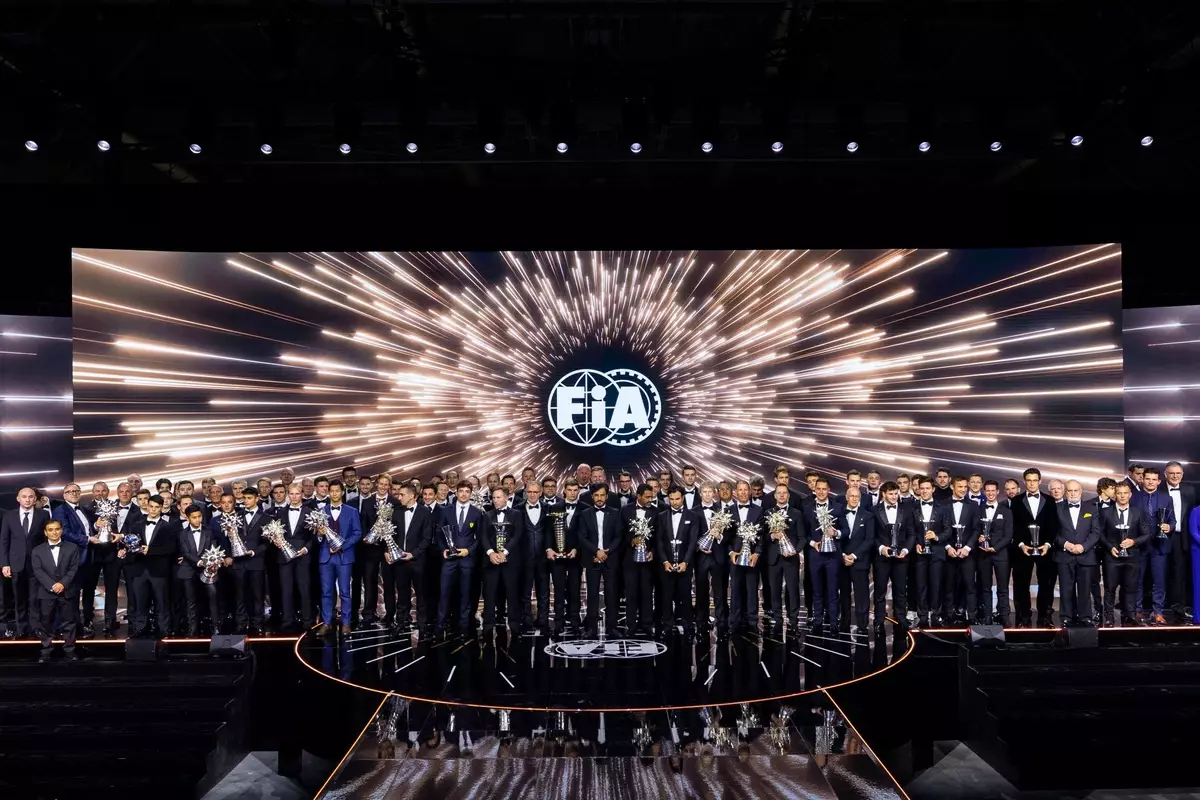The Federation Internationale de l’Automobile (FIA) is poised to hold its annual Prize Gala in Kigali, Rwanda, on December 13. This prestigious event is set to celebrate the achievements of the motorsport community, including the awarding of trophies to champions from various FIA-sanctioned events. However, the backdrop of a significant health crisis—the outbreak of the Marburg virus in Rwanda—casts a shadow over this year’s proceedings. The World Health Organization (WHO) has raised alarms regarding the situation, advising against travel to the country. This raises significant questions about the implications and responsibilities that come with organizing such an event under current conditions.
Marburg virus disease, akin to Ebola, is a severe and often fatal condition that can devastate affected populations. The WHO has outlined the outbreak in Rwanda as one of the largest in history, with figures reported as of October 8 reflecting 58 confirmed cases and 13 fatalities. While the disease is primarily spread through contact with bodily fluids of infected individuals, the fear of contagion is palpable, leading to a high level of concern on both a national and international scale.
Rwanda’s Ministry of Health is striving to manage the outbreak, yet the situation remains tenuous. The WHO has characterized the risk of this outbreak as very high within Rwanda, and although it has urged against travel restrictions, its advice to avoid close contact with symptomatic individuals adds yet another layer of complexity to travel and attendance at large gatherings.
Despite the alarming health risks, the FIA remains steadfast in its decision to proceed with the Prize Gala. This determination raises significant ethical considerations. The organization has emphasized that it is in continuous communication with Rwandan health authorities and claims that, as of now, there are no plans to alter the event. However, given the seriousness of the outbreak, one cannot help but wonder if the FIA is prioritizing tradition over the health and safety of its delegates, guests, and potential attendees.
The potential repercussions of hosting this event amid a public health crisis could be dire. Formula 1 winners, who are expected to attend, may unwittingly become vectors for the virus, jeopardizing not only their own health but that of others globally. The situation recalls past events in different sports where the implications of hosting large gatherings during outbreaks have had long-lasting ramifications.
The Prize Gala is not only a celebration of motorsport; it serves as a significant economic booster to the host country, highlighting Rwanda’s capacity to host international events. The FIA likely sees the symbolic nature of the gala in celebrating its 120th anniversary, which traditionally attracts widespread attention and may provide vital tourism revenue. However, this must be weighed against the potential fallout from attendees falling ill or, worse, contributing to the spread of the virus internationally.
Rwanda boasts a diverse array of tourist attractions that remain operational, drawing travelers even amidst the Marburg outbreak. Yet, there lies an inherent risk in assuming that the tourism sector can operate as usual during a health crisis. The image of an international event taking place against the backdrop of a growing health emergency could lead to negative publicity for both the FIA and Rwanda.
While the FIA continues to assert that the Prize Gala will proceed as planned, the organization must navigate a delicate balance between honoring tradition and ensuring the safety of all involved. The Marburg virus outbreak provides a stark reminder of the unpredictability of health crises and the responsibilities that come with hosting large-scale events. The decisions made in the lead-up to the gala will not only affect the FIA and its stakeholders but may also set a precedent for how sports organizations manage health risks in the future. In this landscape of uncertainty, it becomes imperative for the FIA to be transparent in its actions and genuinely consider the potential implications of moving forward with their celebrations in such precarious circumstances.


Napsat komentář